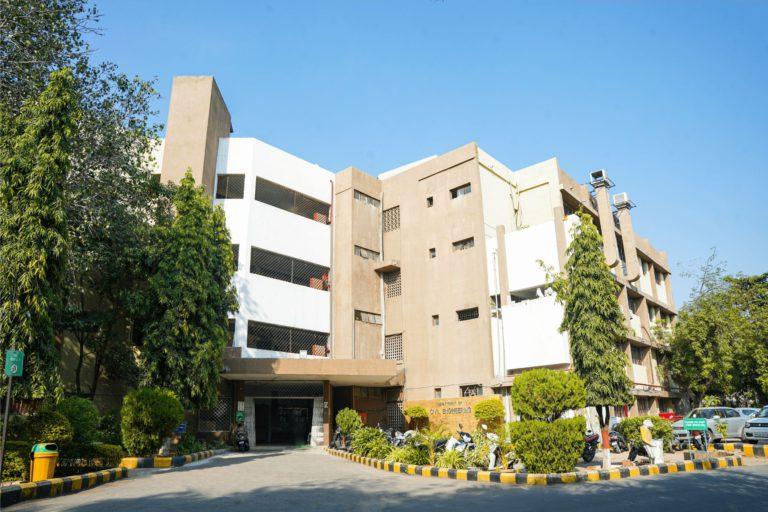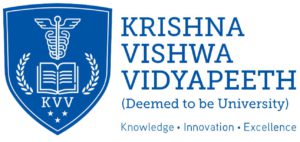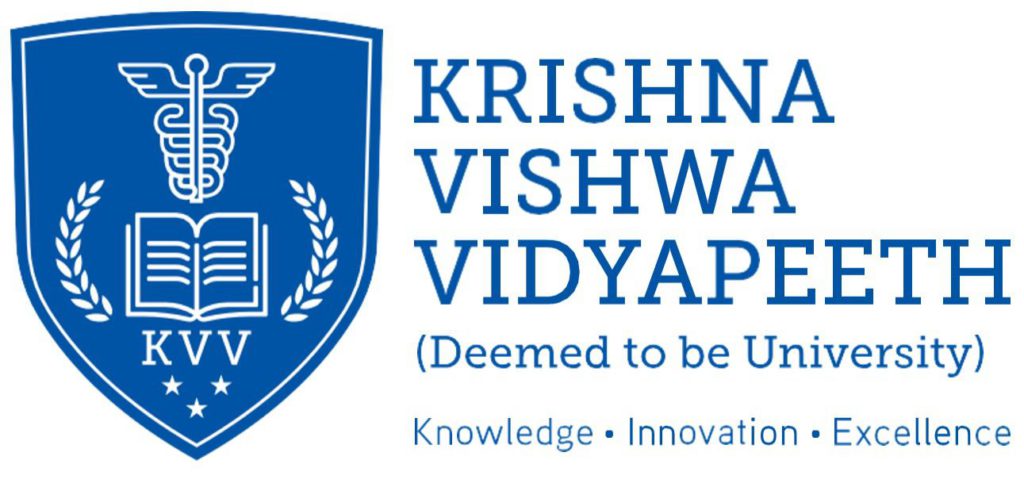Department of Civil Engineering

To meet the evolving demands of the field, Civil Engineers require a comprehensive understanding of both traditional principles and cutting-edge technologies to address complex interdisciplinary challenges. Our institution stands as one of the best engineering colleges in Nagpur, offering a comprehensive four-year Bachelor’s Degree program in Civil Engineering, boasting an intake of 120 students. We also offer a Bachelor Degree in Civil Engineering for working professionals, with a capacity of 30 students. Additionally, we provide specialized two-year Master’s degree courses in Structural Engineering and Environmental Engineering, with intakes of 18 and 12, respectively.
Moreover, we offer three programs for B.Tech. Honors in Civil Engineering and a program of B.Tech. Minor in Civil Engineering.
Recognized as an active research hub under the RTM Nagpur University, our Civil Engineering department has conferred 37 Ph.D. degrees and 01 M.E. by Research degree. Presently, 16 Ph.D. research scholars are actively pursuing their research endeavors within the department. The Civil Engineering Department has 21 Ph.D. faculty members and 07 faculty members are pursuing their doctoral degree.
With an A++ grade accreditation from the NAAC in 2022, our institution is among the best in Central India. NBA accreditation was granted to the B.Tech. in Civil Engineering program for a period of six years in 2023. NBA accreditation for three years was granted to the M. Tech. in Structural Engineering program in 2023. The department’s scope of non-destructive testing in the Concrete Technology Laboratory has been accredited by NABL.
Equipped with a dedicated computer center furnished with essential resources such as computers, printers, scanners, and industry-standard software like AutoCAD, STAAD-Pro, ETABS, and Auto-Civil, our students have access to cutting-edge technology. Furthermore, networking and internet facilities further enhance the learning experience.
Over the years, our department has nurtured and produced numerous distinguished engineers who have made substantial contributions across various sectors within the Civil Engineering domain.
At our institution, we are committed to providing a holistic education that combines theoretical knowledge with practical skills, preparing our students to become leaders and innovators in the field of Civil Engineering.
Program Educational Objectives
PEO 1:- To prepare students to succeed in employment, profession and/or to purse post graduation and research in civil engineering discipline in particular and allied engineering disciplines in general.
PEO 2:-To provide students with a solid foundation in mathematical, scientific and engineering fundamentals required to formulate, analyse and solve civil engineering related problems.
PEO 3:-To prepare the students to acquire the knowledge in breadth in order to solve mathematical problems related to analysis and design of various systems pertaining to different fields of Civil Engineering in order to utilize their skills to perform location surveying, cost estimates and activities related to Civil Engineering projects, using conventional and modern engineering tools.
PEO 4:-To inculcate ethical practices and to establish understanding of professionalism, safety, sustainability, their duties and contribution to the society.
PEO 5:-To provide students with academic environment that makes them aware of excellence and to enable them to understand the significance of life –long learning in global perspective.
Program Outcomes
PO1: Engineering Knowledge: Apply knowledge of mathematics, natural science, computing, engineering fundamentals, and an engineering specialization as specified in WK1 to WK4, respectively, to develop to the solution of complex engineering problems.
PO2: Problem Analysis: Identify, formulate, review research literature, and analyze complex engineering problems, reaching substantiated conclusions with consideration for sustainable development. (WK1 to WK4)
PO3: Design/Development of Solutions: Design creative solutions for complex engineering problems and design/develop systems/components/processes to meet identified needs with consideration for the public health and safety, whole-life cost, net zero carbon, culture, society and environment as required. (WK5)
PO4: Conduct Investigations of Complex Problems: Conduct investigations of complex engineering problems using research-based knowledge, including design of experiments, modelling, analysis & interpretation of data to provide valid conclusions. (WK8).
PO5: Engineering Tool Usage: Create, select, and apply appropriate techniques, resources and modern engineering & IT tools, including prediction and modelling, recognizing their limitations to solve complex engineering problems. (WK2 and WK6)
PO6: The Engineer and The World: Analyze and evaluate societal and environmental aspects while solving complex engineering problems for its impact on sustainability with reference to economy, health, safety, legal framework, culture and environment. (WK1, WK5, and WK7).
PO7: Ethics: Apply ethical principles and commit to professional ethics, human values, diversity and inclusion; adhere to national & international laws. (WK9)
PO8: Individual and Collaborative Team work: Function effectively as an individual, and as a member or leader in diverse/multi-disciplinary teams.
PO9: Communication: Communicate effectively and inclusively within the engineering community and society at large, such as being able to comprehend and write effective reports and design documentation, make effective presentations considering cultural, language, and learning differences
PO10: Project Management and Finance: Apply knowledge and understanding of engineering management principles and economic decision-making and apply these to one’s own work, as a member and leader in a team, and to manage projects and in multidisciplinary environments.
PO11: Life-Long Learning: Recognize the need for, and have the preparation and ability for i) independent and life-long learning ii) adaptability to new and emerging technologies
Knowledge Profiles (WK):
WK1: Understanding of natural and social sciences.
WK2: Mathematics, numerical analysis, data analysis, and computing.
WK3: Engineering fundamentals.
WK4: Specialized engineering knowledge.
WK5: Engineering design and operations, including sustainability.
WK6: Engineering practice (technology).
WK7: Role of engineering in society, sustainability, and professional responsibility.
WK8: Current research literature and critical thinking.
WK9: Ethics, professional responsibilities, and inclusive behavior.
Program Specific Outcomes
>PSO 1 – Execute analysis of various structures including hydraulic and environmental structures and carry out their design.
PSO 2 – Examine geotechnical and other parameters for design of foundations, earthen dams, tunnels, bridges and roads.
PSO 3 – Execute the location survey and quantity survey for cost estimation of all types of structures including interpretation of Civil Engineering drawing.
Program Educational Objectives (PEOs) of M. Tech. (Structural Engineering)
PEO 1 – To provide fundamental knowledge of Civil engineering in general and Structural Engineering in specific for better understanding of various Structural systems.
PEO 2 – To provide understanding of and ability to apply Structural engineering knowledge and approaches to generate effective engineering solutions.
PEO 3 – To provide academic environment to work independently and in a team , to initiate research in demanding areas and develop a habit of upgrading knowledge of advancements in technologies for sustainable development in conjunction with contemporary issues.
PEO 4 – To inculcate professional and ethical attitude, effective communication skills to become successful professional and understand responsibility towards wellbeing of society.
Program outcomes (POs)of M. Tech. (Structural Engineering)
PO 1 – An ability to independently carry out research /investigation and development work to solve practical problems in Structural Engineering
PO 2 – An ability to write and present a substantial technical report/documents in the area of structural engineering
PO 3 – An ability demonstrate advances in structural engineering.
PO 5 – An ability to acquire professional, ethical and responsible attitude towards development of the profession and society.
PO 6 – An ability to adapt lifelong learning to upgrade knowledge and competence continuously.
Program Educational Objectives (PEOs) of M. Tech. (Environmental Engineering)
PEO 1 – To provide fundamental knowledge of Civil engineering in general and Environmental Engineering in specific for better understanding of various environmental systems.
PEO 2 – To provide understanding of and ability to apply environmental engineering knowledge and approaches to generate effective engineering solutions.
PEO 3 – To provide academic environment to work independently and in a team , to initiate research in demanding areas and develop a habit of upgrading knowledge of advancements in technologies for sustainable development in conjunction with contemporary issues.
PEO 4 – To inculcate professional and ethical attitude, effective communication skills to become successful professional and understand responsibility towards wellbeing of society.
Program Outcomes of M. Tech Environmental Engineering Programme
PO1: Design and develop water, wastewater, air, and solid waste management systems by applying sustainable engineering practices.
PO2: Understand and apply the techniques for resource recovery, waste minimization, and energy conversion to environmental engineering projects.
PO3: Understand & develop environmental management systems in line with national and international regulatory frameworks.
PO4: Apply the knowledge of modern software tools for the design and analysis of environmental components as well as carry out experimental investigation.
PO5: Carry out research and innovation to develop advanced solutions for emerging environmental challenges.



